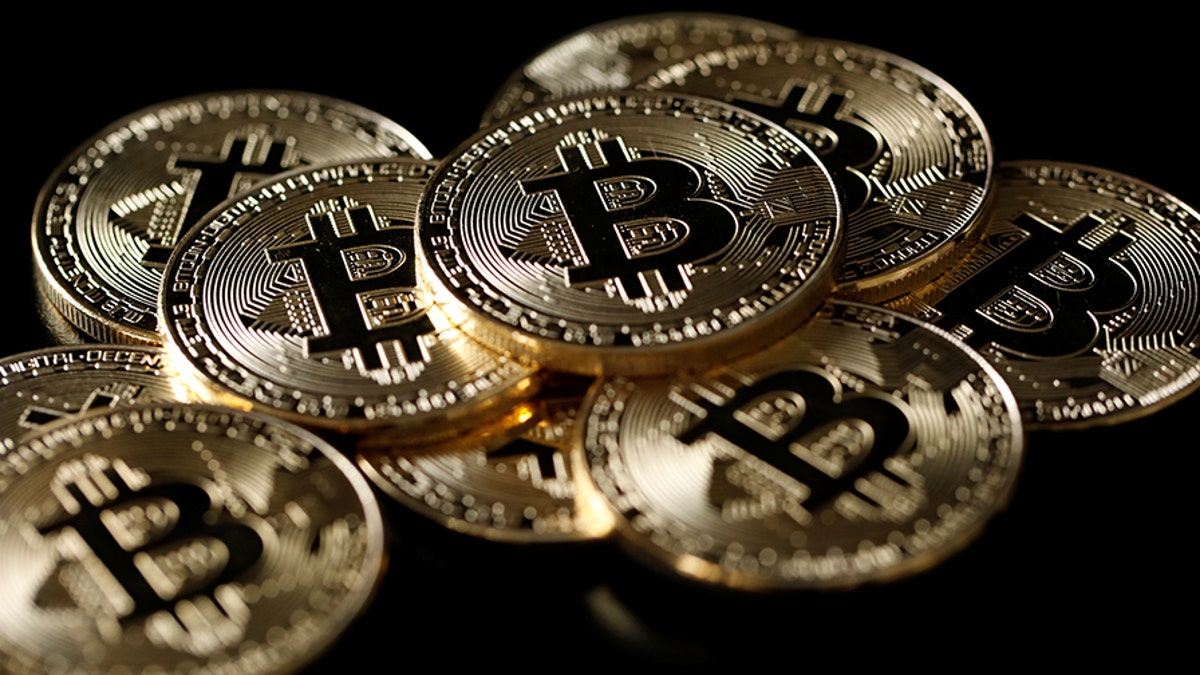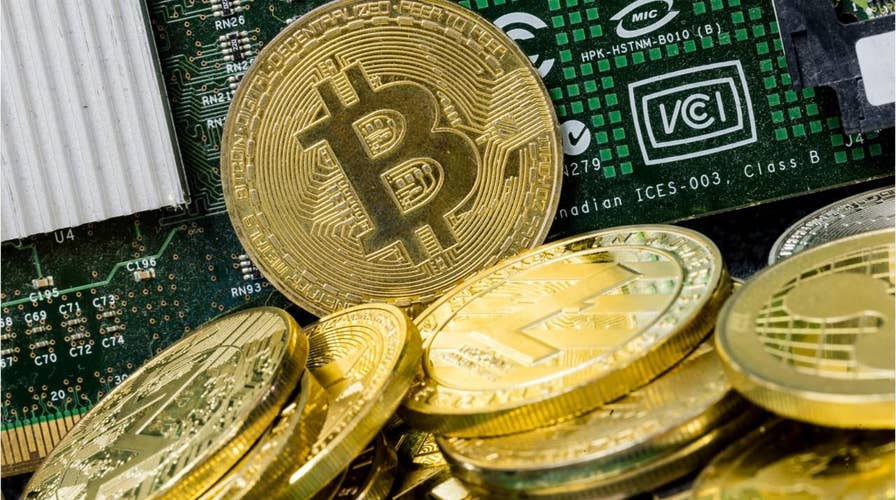What is cryptocurrency?
Bitcoin and other online alternatives to cash are growing in popularity even though many still don't understand how they work. Here's what you need to know about this latest online trend.
Criminals and terrorists are using unregulated cryptocurrency exchanges to move cash anonymously, according to an ex-CIA analyst.
Cryptocurrency is a form of digital money that uses encryption to secure transactions and control the creation of new units.
The technology uses cryptography, a form of secret coding originating from the Second World War, to process transactions securely - and is incredibly hard to trace.
Now criminal gangs and extremists are using “decentralized exchanges” (dEX) to trade cryptocurrencies anonymously, according to Yaya J. Fanusie, the director of analysis for Defense of Democracies' Center on Sanctions and Illicit Finance.
These groups are attracted to the potential of moving hundreds of millions of dollars in value across the world.
IRAN, NORTH KOREA AND VENEZUELA TURNING TO CRYPTOCURRENCY TO BYPASS U.S. SANCTIONS, EXPERTS WARN
The fight against money laundering and trafficking cash is enforced with the help of mainstream financial institutions.
Credit cards, for example, require identification which law enforcement agencies can access.
But cryptocurrencies do not operate within this established system. In fact, many cryptocurrencies were invented in part to sidestep the existing regulated financial system.
While most cryptocurrency exchange businesses are getting more compliant with existing financial legislation, dEXs do not take custody of users’ tokens and do not verify customers’ identities – perfect for moving ill-gotten gains.
BITCOIN IS LEADING TO A HUGE UPSWING IN MONEY LAUNDERING, NEW RESEARCH SAYS
In fact, many advertise this lack of oversight as a selling point.
Mr Fanusie, who spent seven years as both an economic and counterterrorism analyst in the CIA, says there are examples of drug cartels and organized criminal gangs in the U.S., Asia and Europe using cryptocurrencies as part of their money laundering process.
“As the crypto space evolves, there are newer innovations which are likely to be used for moving illicit funds such as decentralized exchanges and more anonymous 'privacy coins'," he said.

Cryptocurrency is a form of digital money that uses encryption to secure transactions and control the creation of new units; Bitcoin is arguably the most famous form of cryptocurrency
“These innovations aren’t used as widely compared to centralized exchanges and Bitcoin, but interest appears to be growing in them.”
A ‘privacy coin’ is a type of cryptocurrency that masks every transaction and buyers’ and sellers’ identities.
BITCOIN MINERS HAVE EXTRACTED 80 PERCENT OF ALL THE BITCOINS THERE WILL EVER BE
The counter-terrorism analyst told Fox News there is a risk law enforcement agencies without crypto experts will struggle against a widening knowledge gap as more criminals turn to dEXs.
He also claims the decentralized exchanges – which are not illegal and are used for legitimate finance – must do more to make themselves aware of the troubling phenomenon and work with regulators
“One CEO said he didn't know much about money laundering,” he said. “This is the CEO of a dEX.”
Mr Fanusie also said more dark net black markets have sprung up since Silk Road - where users could anonymously buy drugs, guns and even solicit paid killers using cryptocurrency - was shut down in 2013.
“It is very evident that crypto is still used for illegal transactions,” he said. “The dark net continues to have sites which take cryptocurrencies as the main method of payment.
“A major change since mid-2017 is that one exchange website which was very popular for laundering illicit cryptocurrencies called BTC-e has been shut down by US authorities.
“One exchange which has been of interest recently is ShapeShift, which until a few weeks ago, allowed customers to trade crypto without setting up accounts and identifying themselves.”
Three separate countries are trying to extradite Alexander Vinnik, who allegedly laundered bitcoins worth around $155 million through BTC-E, the now-defunct dEX.
Vinnik, a 38-year-old Russian national, was arrested in Greece last year at the request of US authorities.
A US grand jury has indicted Vinnik on 21 counts, and he has also been indicted in France and Russia.
This week ShapeShift dismissed a Wall Street Journal article that claimed the crypto exchange had processed $9 million in funds from criminal activities over a two-year period.
CEO Erik Voorhees said the report was factually incorrect and showed a lack of understanding about how cryptocurrencies operate.
The WSJ article reported around $88 million was laundered through 46 different exchanges, with $9 million going through ShapeShift.
But Voorhees wrote that "even if it was true" that the cash was laundered through ShapeShift, it would represent only 0.15 percent of the exchange's total volume.
He said the exchange has "a strong record of complying with law-enforcement requests, providing valuable assistance in over 30 investigations in 13 different countries all over the world".
He added: "We work with other exchanges on an almost-daily basis to identify and block thieves and criminals, through a self-policing group ShapeShift created to protect the users and industry."

